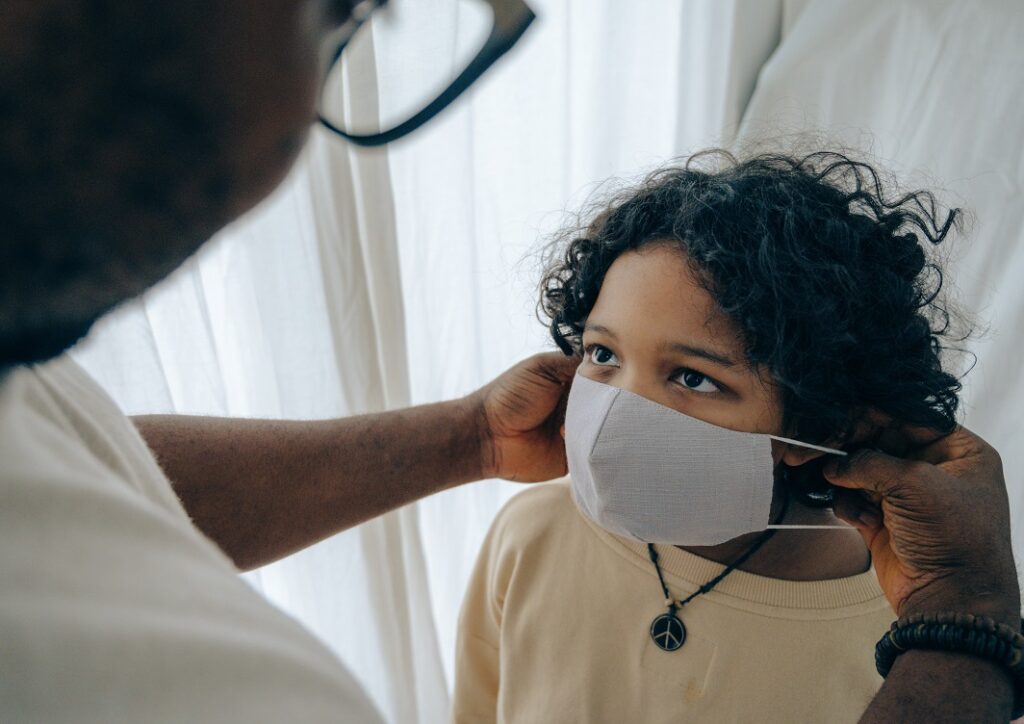Context Health care
Health care in the Netherlands
All residents of the Netherlands are entitled to a comprehensive basic health insurance package.

Overview
In 2006, the Health Insurance Act applied the rule that all residents of the Netherlands are entitled to a comprehensive basic health insurance package. Healthcare is covered by the individual’s healthcare insurance – a mandatory requirement for all residents. Health insurance subsidies are available to low-income earners with private health insurance, to ensure that all Dutch citizens can uphold their obligation to possess at least a basic policy. Alternatively, the “municipality policy” is a health insurance policy affiliated with the municipality for low income earners. This policy is party contributed to by the municipality, and thus cheaper for the individual, although differences in the subsidy apply per municipality.
For all resident permit holders (asylum seekers, refugees, family reunification beneficiaries) upon relocation to their home in the municipality, individuals are required to register with a general practitioner (GP) in their neighbourhood. They are then to follow the Dutch healthcare system as all residents, and are entitled to receive basic healthcare, dental care, mental healthcare, pre-natal care, hospital care and emergency care, amongst other services. The Dutch model of healthcare places GPs as gatekeepers to specialised care; prior to visiting a specialist, in most cases patients must first receive a referral from their GP. Consequently, the workload of GPs in the Netherlands is immense. A significant downside of this system is that many migrants struggle with the lack of time and attention that GPs can allocate per patient – a particular concern for those who require an interpreter to communicate their health concerns. While GPs are provided with free phone interpreter services, it takes time and paperwork to use this service. A third substantial barrier is the cultural barrier, in which medical professionals are not able to build a relationship of trust with patients not only due to the linguistic barrier, but also due to cultural differences. While organisations such as Pharos, KIS and Rutgers provide support to medical professionals regarding cultural competence, some resistance from professionals to take extra steps for migrants is still evident, mostly due to the lack of capacity. This is a particular concern to an individual’s access to care when health concerns touch upon sensitive topics, or topics that are stigmatised in certain communities, such as sexual health, mental health and family planning.
Labour migrants who work for a Dutch employer are obliged by the same 2006 Health Insurance Act to possess a Dutch health insurance policy. Some employers or intermediaries arrange this on behalf of the employee; alternatively this must be arranged by the employee themselves within four months of their arrival. Lapsing this timeframe can result in a fine, and any medical expenses incurred without a health insurance policy must be paid out of pocket by the individual themselves.
International students are not always obliged to take out a Dutch health insurance policy, if their stay is only temporary. In such cases, students may access standard healthcare services and will be required to process the expense through their health insurance policy from their country of origin, or from their own pocket. As soon as students commence work, even in a part-time position and on a 0-hour contract, they must have a health insurance policy. International students in possession of a Dutch healthcare policy may be eligible for the health insurance subsidy, just as any Dutch low income earner.
Adequate and effective mental healthcare remains a topic of conversation amongst migrant support organisations. Demand for mental healthcare in the Netherlands far overrides the supply of mental health professionals. Dutch residents can expect to wait between four to eight months to secure mental health care, regardless of the severity of the patient’s concerns. In terms of the availability of mental health professionals with specific expertise in treating migrants and/or culturally sensitive approaches, a severe gap remains in Dutch service provision. Mental health concerns amongst migrants are not only isolated to the trauma they may have faced during migration, but the events that may have occurred during reception in the Netherlands, long bouts of uncertainty about their resident status, loss of identity, financial pressures, family separation, integration obligations, social isolation and more recently, Covid-19 implications. Dutch research indicated that 41% of Syrian migrants in the Netherlands suffer from psychological concerns. Compared to 13% – the percentage of local Dutch residents with psychological concerns. Coupled with this alarmingly high statistic, is the common aversion within many migrant communities to discussing mental health.
Covid-19
According to the Corona Helpdesk Statushouders (CAS), between March 26th and April 20th 2020, 51% of inquiries from Arabic speakers within the Dutch general public were related to health concerns associated to the pandemic (or implications caused by the pandemic. Focal points at the helpdesk reported that although the CAS was established to support migrant communities with health related concerns, it quickly became apparent that the effects of the pandemic have triggered concerns with work and income, child and family matters, educational matters, crisis measures and other issues. The CAS highlighted the alarming severity of queries from the public that relate to violence and mental health. Such issues are often associated with shame and stigma within migrant communities, and when inquiring with the CAS, migrants frequently shrouded their questions on these sensitive topics with more common questions about Covid, thus allowing the caller to access help and information from the helpdesk, without confrontation or a risk to their own privacy or dignity. As an estimate, approximately 50% of female callers (from both Arabic and Tigrinya speaking migrant communities) expressed concerns associated with violence, stress and mental health.
Recognising the heightened vulnerability of migrants during the pandemic, Parnassia Groep, Pharos and Arq National Psychotrauma Center developed the guide “An eye for diversity during the Corona pandemic”, providing advice and practical tips to professionals who are responsible for the welfare of migrants. The guide is supplemented by short films, in which medical professionals outline the specific concerns toward migrants, with reference to mental health. Together, the authors of the guide recognise the added stress caused by uncertainty and isolation during the pandemic. Ultimately, stress from a range of sources (job uncertainty, educating children at home, language barriers associated to national pandemic regulations, family tension, concern about family members in country of origin) culminate, which has exacerbating underling and existing mental health concerns. Similarly, the Dutch Partnership Sexual Violence (Partnerschap Seksueel Geweld) hosted consultations with more than 20 national experts on the implications of the pandemic on domestic violence and child abuse. A working paper with findings of the consultations, recommendations, referral structures and further reading was published on the Movisie website.
Do you want to share your project with our community and stakeholders?
Context Health care
Health care in Slovenia
Overview Health care in Slovenia is organised primarily through the Health Insurance Institute […]
Overview Health care in Slovenia is organised primarily through the Health Insurance Institute […]
Context Health care
Health care in Romania
Overview The legal act governing the Romanian health system is the Law […]
Overview The legal act governing the Romanian health system is the Law […]

